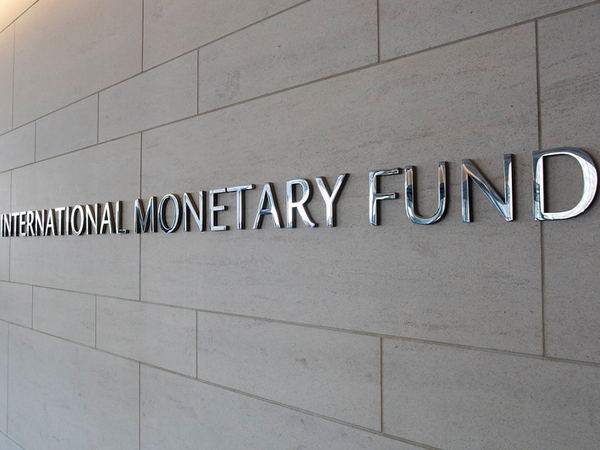A study published in World Development by three researchers affiliated with the Harvard Pop Center (former Bell Fellow Adel Daoud, faculty member S V Subramanian, and the 2017 recipient of the Sissela Bok Ethics and Population Research Prize Anders Herlitz, reviews already existing policy-evaluation studies, finding that International Monetary Fund (IMF) policies “on balance show that IMF policies, in their pursuit of macroeconomic improvement, frequently produce adverse effects on children’s health and material living standards.” In this study, the researchers also apply a distributive justice analysis of IMF policies to determine which theory is most compatible with IMF’s core mission: “improving macroeconomic conditions, while at the same time balancing the consequences for population outcomes.”
Photo: World Bank Photo Collection
